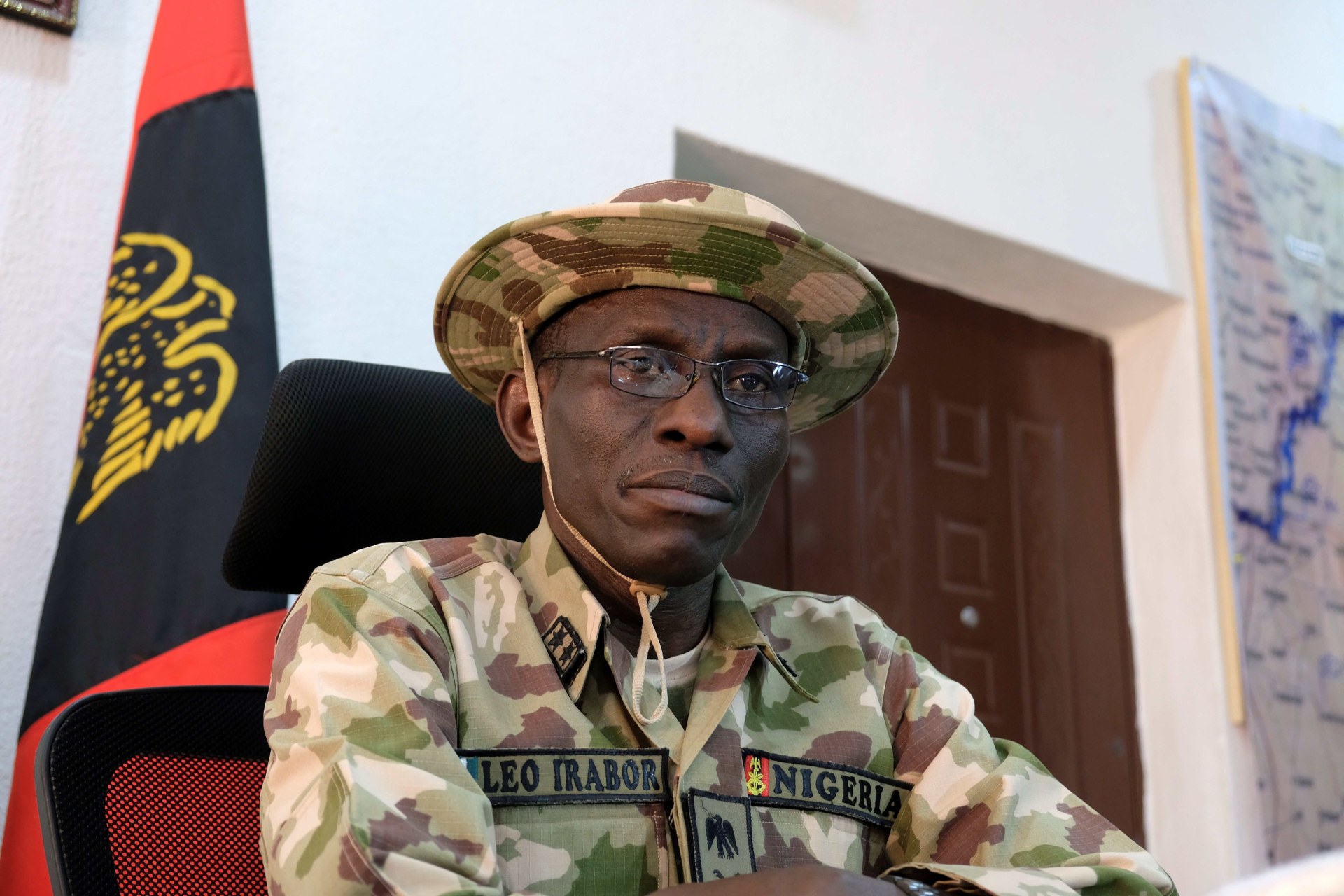Nigerian President Buhari Shuffles Military Service Chiefs

By experts and staff
- Published
By
- John CampbellRalph Bunche Senior Fellow for Africa Policy Studies
Security across Nigeria is challenged, with Islamist groups in the north far from defeated, a seeming resurgence of a low-level insurrection in the oil patch, ongoing conflict in the middle of the country over water and land use that sometimes acquires ethnic and religious dimensions, and a general wave of criminality around the country. President Muhammadu Buhari is facing criticism for his failure to address security issues and, at the same time, especially in the predominantly Christian south, for choosing his military chiefs from among his own northern Muslim Hausa-Fulani community.
President Buhari’s January 26 announcement that he has fired all four of his military service chiefs will be welcomed by his critics. His new appointments appear to be of high quality in terms of official announcements about their background. Buhari has also, apparently, balanced the appoints with respect to region of origin. This is congruent with the principle of “federal character,” which holds that government positions should be equally distributed across the federation. The new chief of defense staff, Maj. Gen. Leo Irabor, is from Delta state in the south. The chief of army staff, Maj. Gen. Ibrahim Attahiru is from Kaduna in the north. The chief of navy staff is Rear Admiral Awwal Zubairu Gambo, from Kano in the north, and the new air force chief of staff is Air Vice Marshal Isiaka Oladayo Amao, from Osun state, near Lagos. (By population Lagos and Kano are the largest states in the federation.)
Ethnic and religious identities predominate in Nigeria and national identity is weaker than in other African states. Nevertheless, within the military an effort has been made to downplay ethnic and religious identities. Accordingly, the official announcement of the new service chiefs makes no reference to their religion or ethnicity any more than the Pentagon does about senior American military appointments. However, speculation on social media identifies Leo Irabor as a Christian, with a lively dispute covered in conventional media over whether he is or is not an Igbo. Ibrahim Attahiru is identified as a “Hausa” Muslim; Awwal Gambo is identified as a “Fulani” Muslim; and Isiaka Amao is identified as a Yoruba Christian. Based on where they were born and their names, these designations from social media are plausible but by no means definitive.
However, if the designations are accurate, two are from the north, and two are from the south. Two are Muslim and two are Christian. Two are Hausa and/or Fulani, while one is Yoruba while one is Igbo. Hence the three major ethnic groups in Nigeria appear to be represented: Hausa-Fulani, Yoruba, and Igbo. (Hausa is a language, Fulani is an ethnic group; northern Hausa-speaking Muslims are often designated as “Hausa-Fulani,” though Hausa speakers may come from small ethnic groups and some are Christian.)
It remains to be seen whether the new team will be any more successful than the last. The military remains under-resourced. But the drivers of conflict, especially in the north and in the oil patch, are primarily (not exclusively) political. But no political initiatives are underway to address the widespread sense of grievance. Absent political initiatives, critics see replacement of the service chiefs as reminiscent of “rearranging the deck chairs on the Titanic.”
